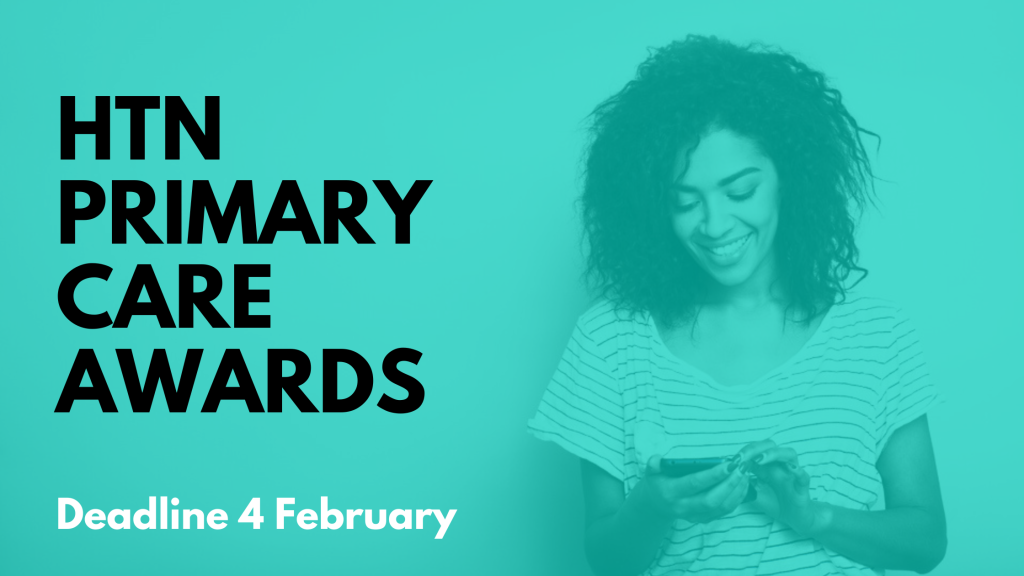For a recent poll on our LinkedIn page, we asked our audience what they think is the biggest barrier to responsible AI in healthcare – inadequate regulation, support for safe adoption, data and bias, or lack of evidence and evaluation?
Support for safe adoption came out on top, receiving 41 percent of the vote, with many leaders of digital operations and digital strategy choosing this one. In second place, with 25 percent of the vote, was inadequate regulation, with those in compliance and project management, responding.
Lack of evidence and evaluation came in close third, with 22 percent of the vote and was mainly chosen by experienced product developers and product management. And finally, data and data bias received 13 percent of the vote, with principle implementation and business change manager as well principle business analyst standing out as key job titles.
Where would your vote have gone? Follow HTN on LinkedIn for the chance to share your views in future polls, and to keep up with news, insights and interviews in the health tech space.
AI in healthcare: the wider trend
Our latest HTN Now webinar, supported by Restore Information Management, focused on the practicalities of AI technologies, exploring topics including implementation, adoption, the role of data, policy, regulation, evaluation and best practices. With the help of our expert panellists, we also took a closer look at examples of AI in health and care.
The UK government recently announced £82.6 million in research funding for three projects, two of which are using emerging technologies such as AI to tackle cancer. This includes: PharosAI, a project seeking to bring together NHS and Biobank data and Bind Research, for its use of AI to “learn the rules of drugging currently undruggable proteins”.
The University Hospitals of Leicester NHS Trust and University Hospitals of Northamptonshire NHS Trust Group have joined a European network for responsible AI. Reportedly, they are already working to trial ambient voice technology for the capturing of notes from patient consultations, as well as developing AI in the use of clinical coding and testing AI translation platforms.
Stay connected to all the latest news in AI and data with HTN and keep an eye on our upcoming events for further insights and discussions surrounding AI.







